On Friday, US stocks experienced a dramatic sell-off as China retaliated against the United States with tariffs, escalating the global trade war. The Dow Jones Industrial Average plunged by 2,231 points, or 5.5%, while the broader S&P 500 index fell 5.97%. The tech-heavy Nasdaq Composite dropped 5.82%, closing in a bear market for the first time since 2022, down more than 20% from its record high in December. The Dow also closed in correction territory, down more than 10% from its record high in December, marking its first correction since March 7, 2022.
Market Reactions and Economic Concerns
The sharp declines in US stocks were driven by fears that the escalating trade war could plunge the US and global economies into a recession. JPMorgan analysts had previously warned that both the US and the global economy had a 60% chance of entering a recession in 2025, with the odds increasing if countries began to retaliate against the US. China’s retaliation on Friday heightened these concerns, as it raised the risk of further escalation and diminished hopes for negotiation.
“Markets may actually be underreacting, especially if these rates turn out to be final, given the potential knock-on effects to global consumption and trade,” said Matt Burdett, head of equities at Thornburg Investment Management. The tariffs have injected a level of uncertainty and volatility not seen since the early days of the Covid-19 pandemic.
Tariff Details and Market Impact
China announced sweeping 34% tariffs on all US goods starting April 10, a major escalation in the trade war that has been ongoing for years. The US, under President Donald Trump, had previously imposed additional tariffs on Chinese goods, with rates rising to 54% in March. These tariffs have significantly increased the cost of imports and exports between the two largest economies, leading to higher inflation and slower growth.
US stocks briefly rallied from their lowest point of the morning after Trump posted on social media that he had a “very productive call” with To Lam, the general secretary of the Communist Party of Vietnam. However, stocks eventually slid to their lows of the day as investors grappled with the extent of Trump’s tariffs and the potential for a slowdown in economic growth.
Investor Sentiment and Safe-Haven Assets
Investors’ sentiment was driven by “extreme fear,” according to Fear and Greed index, which slumped to its lowest level this year as investors braced for an escalating global trade war. As investors sold stocks, they poured money into traditional safe havens, including government bonds. The 10-year Treasury yield fell firmly below 4% as investors bought bonds to insulate themselves from a potential economic downturn. Gold prices surged above $3,130 a troy ounce before sliding to around $3,030. Meanwhile, oil prices tumbled, with US oil falling nearly 7% to $61.99 a barrel.
Global Market Reactions
The sell-off was not limited to the US. Europe’s benchmark STOXX 600 index dropped 5.12%, and London’s FTSE 100 index fell 4.95%, both posting their biggest single-day declines since 2020. Japan’s Nikkei 225 index also fell 2.75% after a similar decline on Thursday. The global market turmoil underscored the interconnected nature of the world economy and the far-reaching impact of trade tensions.
Future Outlook and Policy Implications
Federal Reserve Chair Jerome Powell acknowledged during prepared remarks on Friday that inflation could remain elevated because of Trump’s tariffs. “While uncertainty remains elevated, it is now becoming clear that the tariff increases will be significantly larger than expected. The same is likely to be true of the economic effects, which will include higher inflation and slower growth,” said Powell.
UBS lowered its year-end target for the S&P 500 to 5,800 from 6,400 on Friday, citing the potential for a US recession in the near term due to the impact of Trump’s tariffs. “In the near term, we believe the effective tariff rates could be higher still, and without President Trump taking active steps to reduce tariffs over the next three to six months, we are likely to enter a downside scenario, including a meaningful US recession and lower equity markets,” said Solita Marcelli, chief investment officer for the Americas at UBS Global Wealth Management.
The escalating trade war between the US and China has led to significant market turmoil, with US stocks experiencing their worst declines in years. The tariffs have not only increased costs for businesses and consumers but have also heightened economic uncertainty, leading to fears of a global recession. As investors seek safety in traditional havens, policymakers must navigate the delicate balance between protecting domestic industries and maintaining global economic stability. The future remains uncertain, but the immediate impact of the tariffs is clear: increased volatility and a challenging environment for businesses and investors alike.
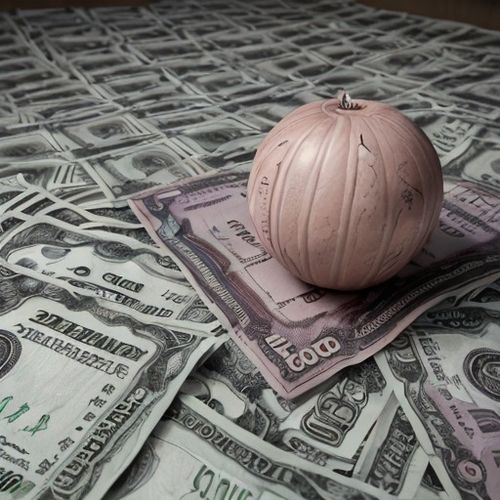
By Ryan Martin/Apr 7, 2025
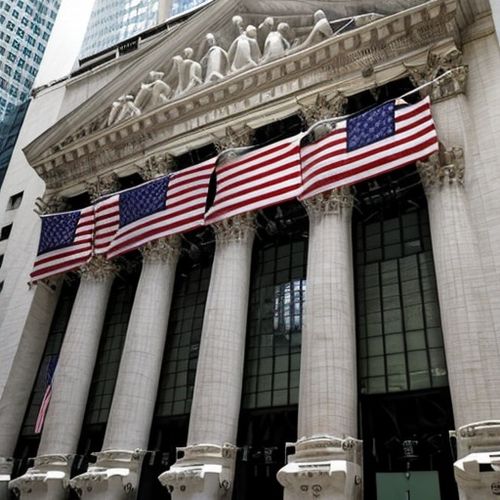
By Ryan Martin/Apr 7, 2025
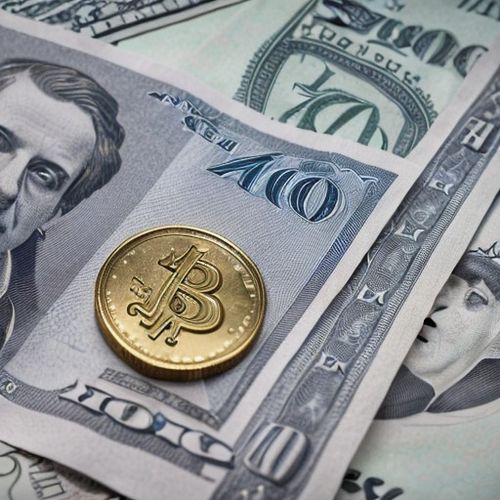
By David Anderson/Apr 7, 2025

By Olivia Reed/Apr 6, 2025

By Daniel Scott/Apr 6, 2025

By Victoria Gonzalez/Apr 6, 2025
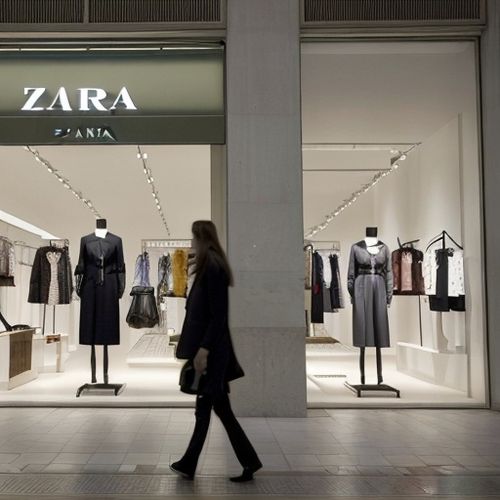
By John Smith/Apr 6, 2025

By Elizabeth Taylor/Apr 6, 2025

By James Moore/Apr 6, 2025

By Megan Clark/Apr 6, 2025

By Daniel Scott/Apr 6, 2025
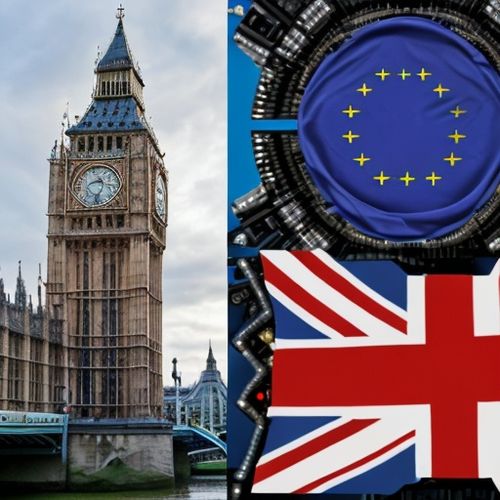
By William Miller/Apr 6, 2025

By Samuel Cooper/Apr 6, 2025

By Amanda Phillips/Apr 6, 2025

By Natalie Campbell/Apr 6, 2025

By Noah Bell/Apr 6, 2025

By Elizabeth Taylor/Apr 6, 2025